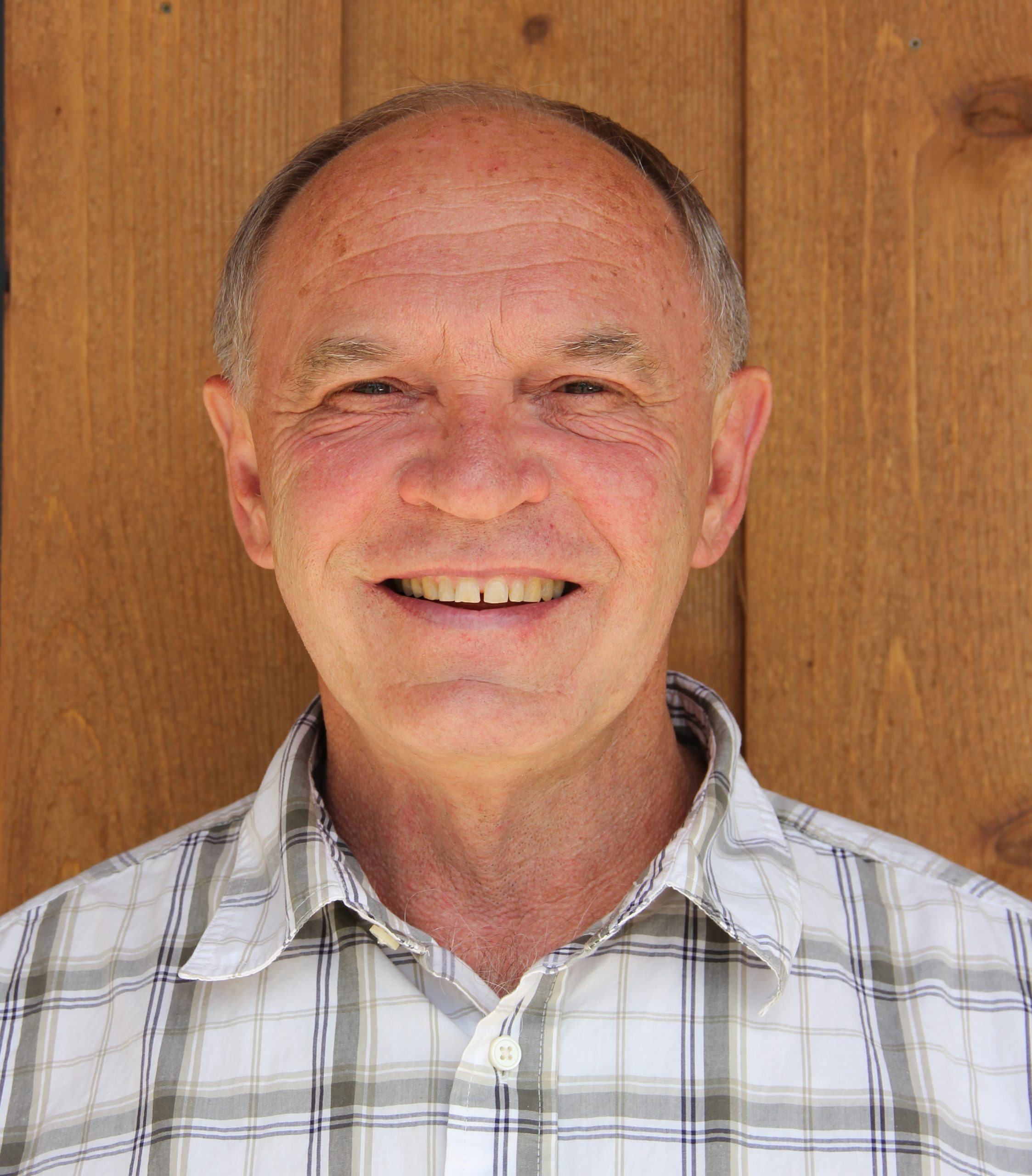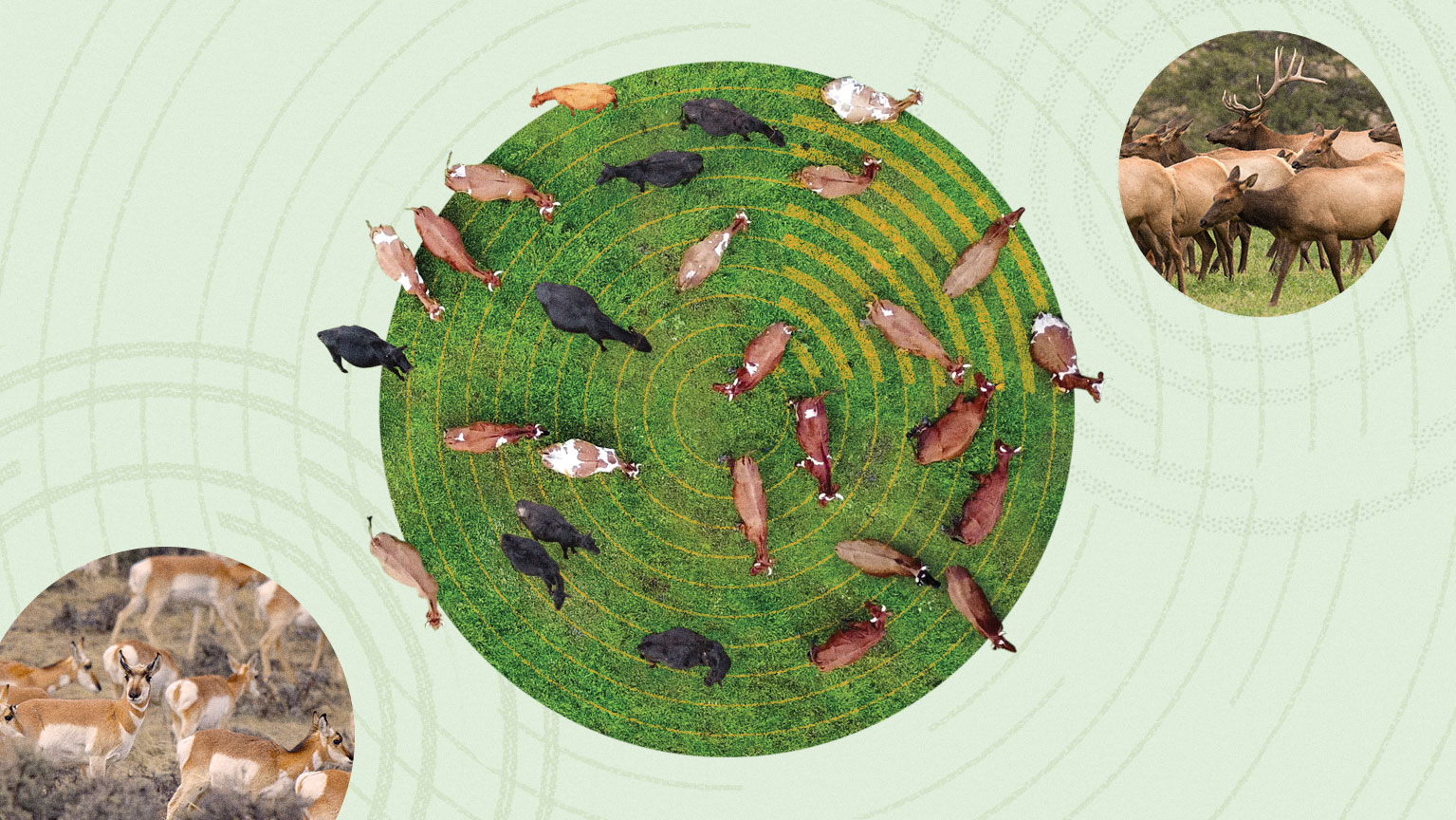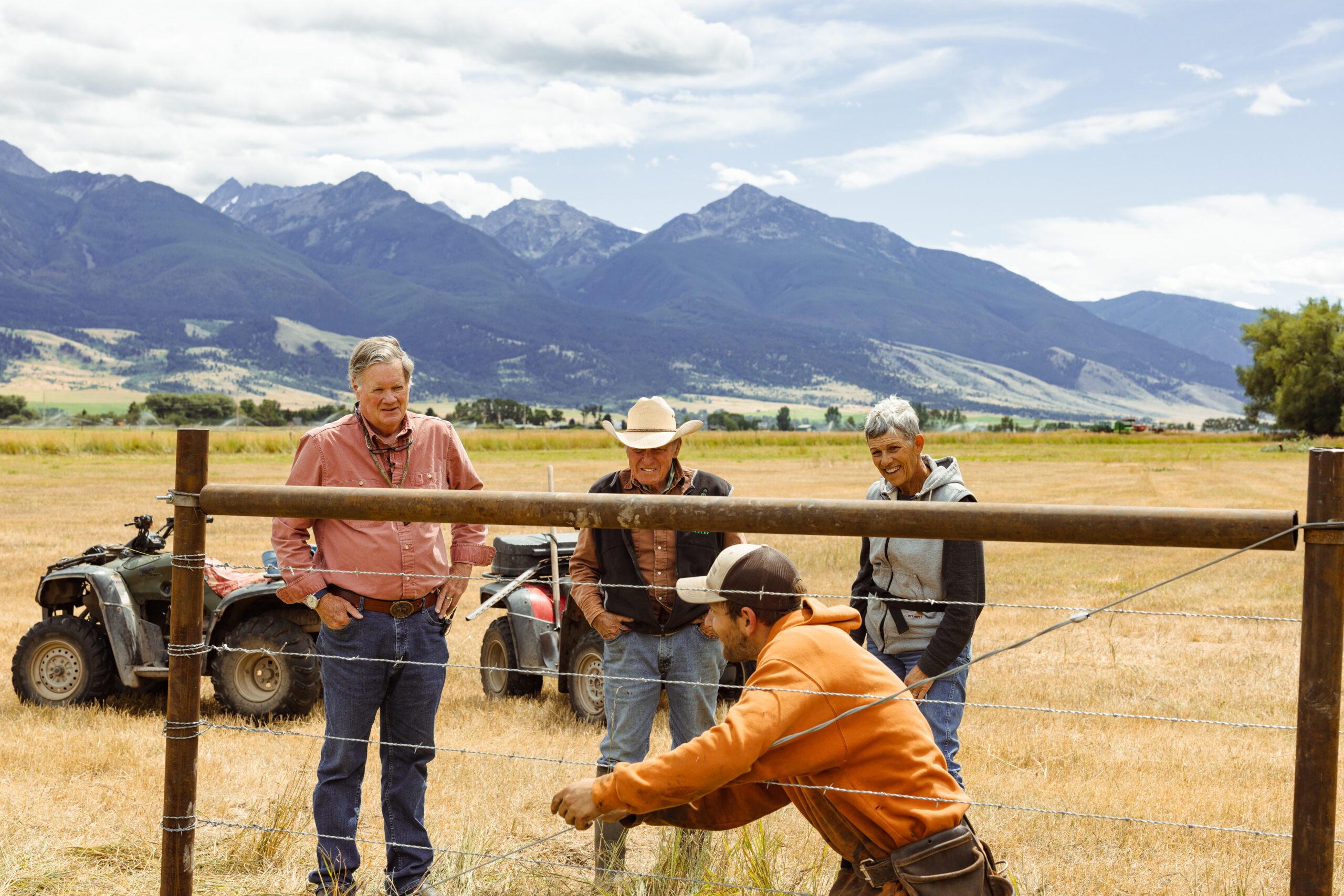
During the month Kinship fellows heard lectures on topics such as property rights, risk analysis, transferable fishing quotas, and conservation easements, as well as fund-raising and marketing. They went to Yellowstone National Park, where Hank Fischer explained his wolf compensation fund. Each participant worked with a PERC mentor on a specific project applying free market approaches’in Russia to save tigers, in Pakistan to save snow leopards, and in the United States to increase instream flows.
During the last two days, the Kinship fellows presented their projects. Nigel Asquith, a native of England with a Ph.D. in tropical ecology from Duke University, asked if he could be the last of the leaders to present his project because he believed his presentation would provide a unifying message for the institute. Nigel’s project focused on how to use water marketing to improve water quality in Bolivia’s Rio Grande watershed. He proposes that downstream water consumers, such as industrial and municipal users, purchase clean water from upstream farmers, giving the farmers a strong incentive to practice conservation.
I expected Nigel to present his project as the epitome of entrepreneurship. It certainly was that, but his message went beyond his own project. Nigel’s unifying theme was his passion for making the ideas of all the Kinship fellows ‘economically sustainable.’
Nigel and his fellow environmental leaders had been given $1200 at the beginning of KCI to use as they wished. It could have been used for a party, a guest speaker, books, whatever. Instead they chose to establish a ‘venture capital fund’ for conservation projects of the sort they were proposing. To the $1200, the group pledged another $600.
Although $1800 is a drop in the bucket of money necessary to get their projects going, it represents these environmentalists’ commitment to free market environmentalism. Moreover, they realized that their approaches were much more cost-effective than typical environmental solutions. Nigel pointed out that large foundations and international environmental groups have purchased land near his Bolivian project to preserve it. But after spending $10 million, they have no management plan that will ensure economic or environmental sustainability. For a fraction of that amount, Nigel can actually improve water quality and land conservation by clarifying property rights and encouraging trading between willing buyers and willing sellers.
Over its five-year history, the Kinship Conservation Institute has exposed 89 environmentalists to free market environmentalism. Research institutes such as PERC must continue to generate the ideas and information that support free market environmentalism. But only environmental entrepreneurs like Nigel and his colleagues can put these ideas to work and make free market environmentalism truly relevant.



